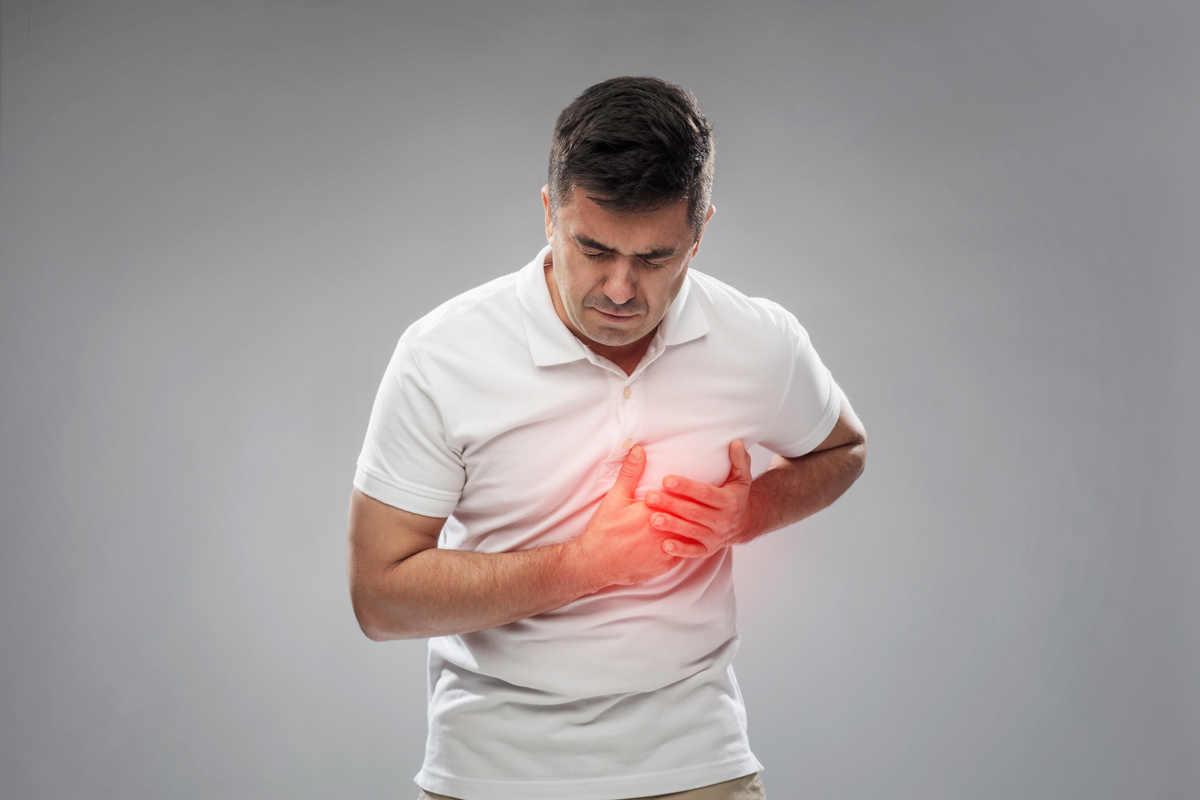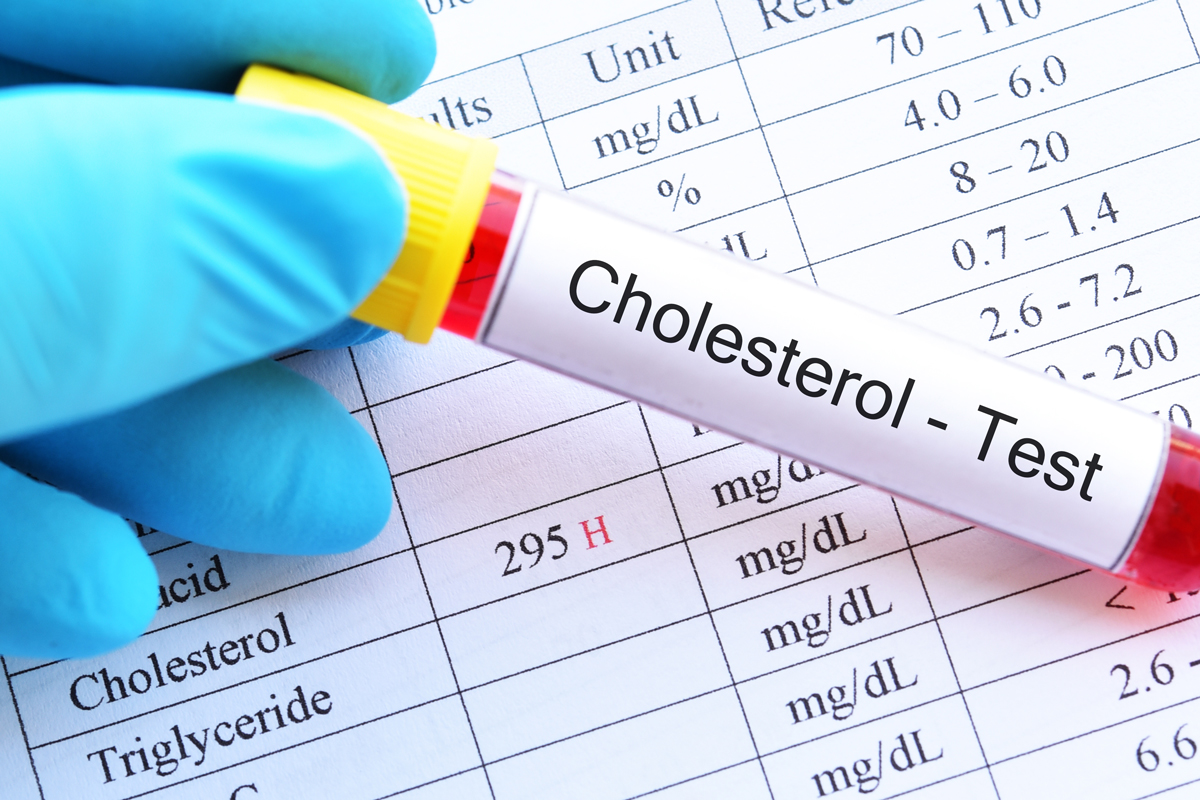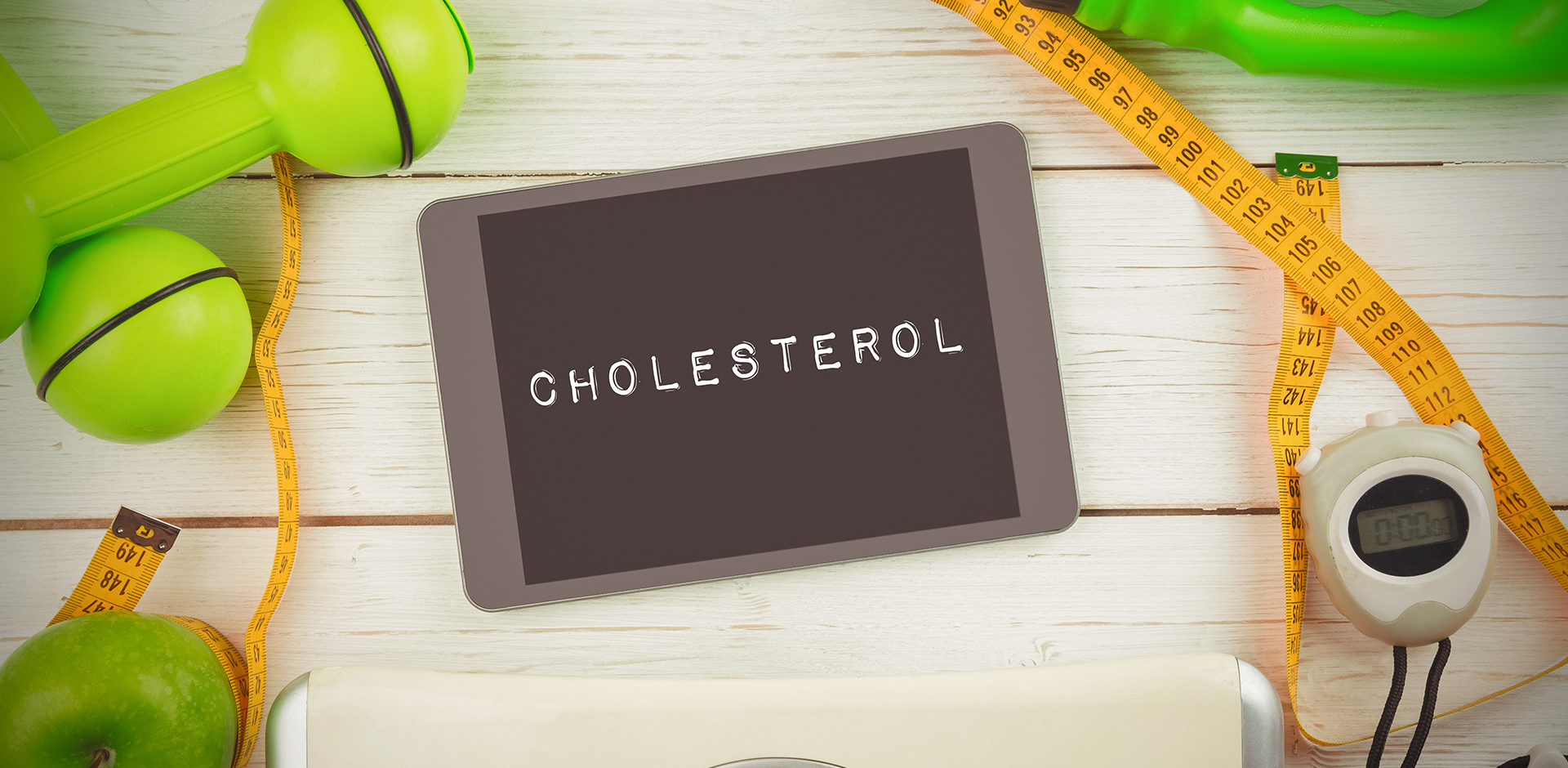There have been many myths and understatements about cholesterol for a long time. We live in a time where access to knowledge is enormous. Unfortunately, frequently presented information has no scientific confirmation, but is only a marketing ploy used by many manufacturers. On the one hand, there is global cholesterol phobia, where there is a widespread belief that it is the main provocateur of cardiovascular diseases. On the other hand, there have been many publications that question this information. So where is the truth?
Where did cholesterol phobia come from?

A study was published in the 1950s to prove that the highest rate of heart disease is in countries where high cholesterol is consumed. Information spread rapidly around the world, causing most people to eliminate red meat, lard or eggs from their menus. Unexpectedly, from then on, mortality from cardiovascular disease increased dramatically. After some time, it turned out that most of the results were hidden in the study, and only those that matched the theory were published. Research was conducted in 22 countries. When we take all the data into account, there will be no correlation between eating cholesterol-rich foods and cardiovascular disease. The cause of atherosclerosis and heart attacks is not cholesterol in itself, but inflammation. Caused primarily by a processed diet rich in trans fats, excess sugar, just "junk" food.
Do we need cholesterol?
Cholesterol is a precursor to all steroids in the body, including corticosteroids, sex hormones, bile acids (which are necessary for digestion and absorbs many nutrients) and vitamin D.
Our hormonal economy will not function properly without adequate cholesterol levels. It all begins with it, because it produces pregnenolone, from which key hormones in our body are made.
Low cholesterol may be manifested by, among others:
• irregular bleeding in women,
• low libido,
• erection problems,
• problems with getting pregnant,
• constant tiredness,
• memory and concentration disorders.
However, high cholesterol can be associated with, among others:
• problems with sugar management,
• high inflammation,
• damage to the blood vessels.
Does food affect the level of cholesterol?

In our body, most cholesterol is formed in the liver (up to approx. 85%), the rest in the small intestine (approx. 8-9%) and in the skin (approx. 5%). The total concentration that we study in the laboratory is ¾ cholesterol produced by the liver, and only ¼ corresponds to the amount supplied with food. It is not the neck and eggs that will largely increase its level in the blood, but inflammation.
So if you have too high cholesterol, start by eliminating processed ingredients from your diet:
• margarine,
• refined vegetable oils,
• junk food,
• excess sugar,
• sweet drinks.
In addition, products of animal origin subjected to excessive heat treatment may also be harmful. Consumed daily fried bacon for "chip" in which the cholesterol contained in it has been oxidized will also not improve our health.
What other factors affect cholesterol?
Standards are not identical for all people, they should take into account age and gender. With age, the amount of cholesterol produced increases, which has an effect on the body's greater need for antioxidants. Also, its level may increase during injury, because its greater amount is produced to accelerate regeneration.
So if you see high cholesterol in your test results, it is worth considering why its cholesterol level increases. The causative agent of inflammation causes the body to produce more cholesterol. So healing consists in leveling the cause rather than just lowering its level. So it is not bad or good, it is an essential substance secreted when something bad happens.
What tests to do in the laboratory?

The lipidogram consists of - total cholesterol, HDL, LDL, and triglycerides. Note the interrelationship between specific results. It is commonly divided into: "good HDL" and "bad LDL". However, it is worth knowing that we need HDL and LDL only in the right amount. When interpreting the results, we do not consider each fraction separately, but we take into account the correlations between them.
Conclusions
In conclusion, it is worth being aware of what functions cholesterol performs in our body, as well as what causes its too high concentration. It is neither bad nor good. It is simply necessary, but it must be in the right amount.





